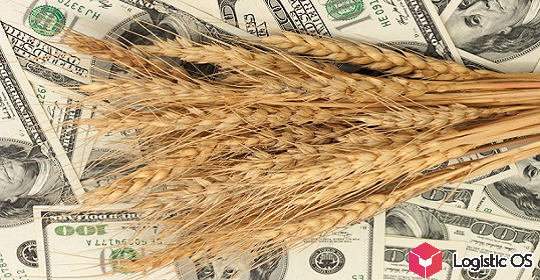In 2021, one center has already been established on the basis of the All-Russian Institute of Plant Genetic Resources. N. I. Vavilov.
It is planned that 6 more such centers will be created by 2023.
It is assumed that each of the centers will be a center for collective use, the main part of which will be a laboratory.
At the same time, each of the centers will have its own task.
For example, the Siberian Federal Scientific Center for Agrobiotechnologies of the Russian Academy of Sciences (SFSC) will deal with the issue of accelerated cultivation of plants.
And in the Nizhny Novgorod laboratory of plant phenomics on the basis of UNN — automation of the field evaluation of breeding material.
The Lukyanenko National Grain Center, the Omsk Scientific Center, the Samara Federal Research Center of the Russian Academy of Sciences and other scientific centers will also take part in the implementation of the project.
At the same time, it is planned to establish close contacts between all 7 centers so that they function as a single system.
“All the centers will be of different profiles, they will solve different tasks, complementing each other in the integrated development of new breeding programs,” notes the director of the All-Russian Institute of Plant Genetic Resources named after V.I. N. I. Vavilova Elena Khlestkina.
Funding for its creation was received from the federal budget as part of the Bread of Russia project. The amount of financing amounted to 318.5 million rubles.
How will the work be done?
Kirill Golokhvast, director of the SFNCA, noted that a modern high-tech laboratory has already been created on the basis of their scientific center, which will allow for breeding research.
Thanks to a special lighting and water supply system, it is possible to harvest 5 crops a year, despite the fact that it can be -40 degrees Celsius outside the window.
It is assumed that other centers will have the same high-class equipment.
Why is this work relevant now?
Increasing grain yields is an important topic, because it is on them that the country’s food security is largely built.
The topic is all the more acute due to the fact that climate change is beginning to affect wheat yields.
Last season, many regions of the Russian Federation suffered from drought, and this led to a drop in crops.
In the future, climate change is predicted to make growing crops even more difficult. Therefore, now is the time to create new varieties that can provide high yields even in the most difficult conditions.
It is planned that the creation of 7 research centers in Russia will become a powerful base for the systematic conduct of this work.

